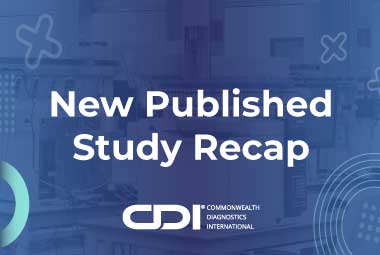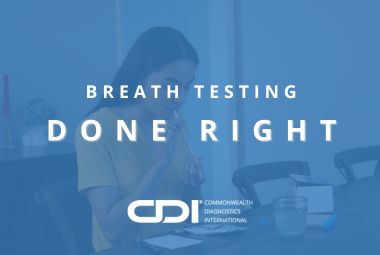Evidence Spotlight: New AJG Study Reinforces the Role of Carbohydrate Malabsorption Breath Testing in DGBI
A recent study and editorial in The American Journal of Gastroenterology (AJG) revisit a question that sits at the heart of modern functional GI care: When patients with disorders of gut–brain interaction (DGBI) say they’re “intolerant” to certain carbohydrates, how often is that backed by objective malabsorption—and does it matter clinically? The answer from this work: carbohydrate malabsorption…



